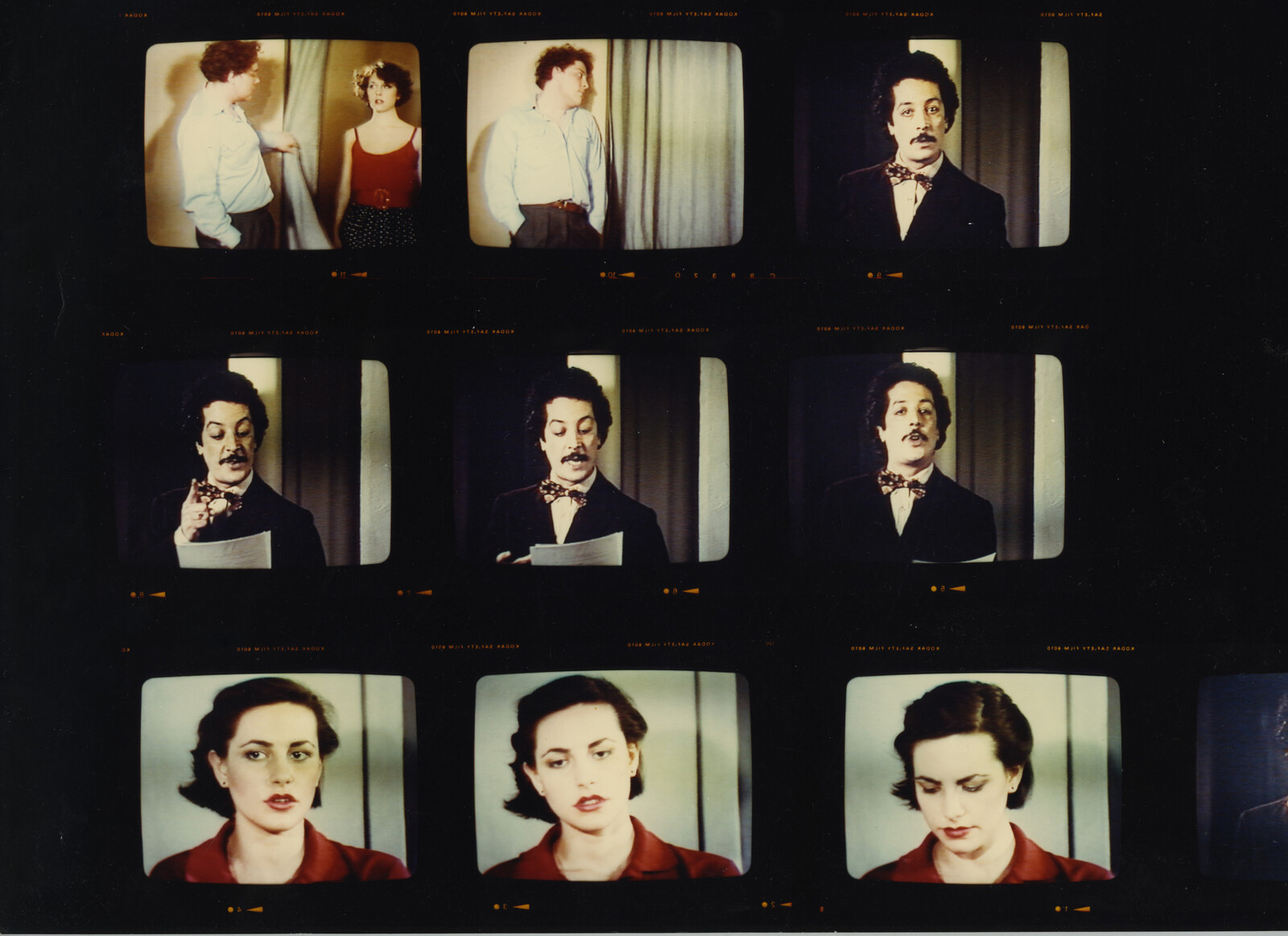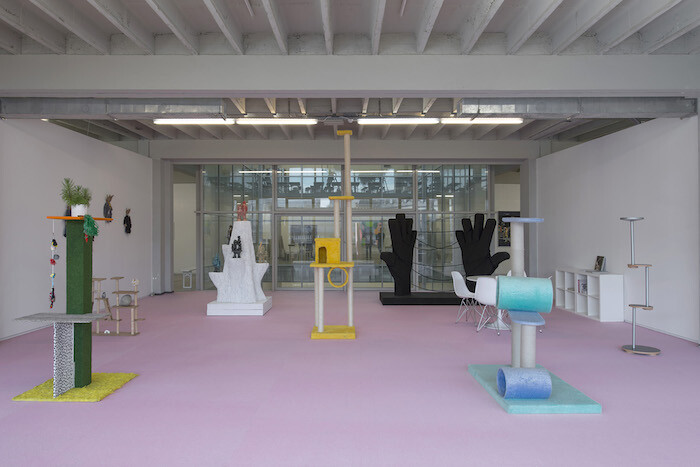Categories
Subjects
Authors
Artists
Venues
Locations
Calendar
Filter
Done
July 18, 2024 – Review
Chantal Akerman’s “Travelling”
Max Levin

Chantal Akerman once told an interviewer that each of her films needs hallways, doors, and rooms. “Those doors and hallways help me frame things, and they also help me work with time.” Akerman’s first major retrospective in her native Brussels showcases the breadth of her time-based achievements across an art-deco labyrinth one could spend days within. The exhibition opens with digital restorations of four 8mm films submitted with Akerman’s 1967 application to art school. Projected alongside each other asynchronously, the silent snapshots drift between frenetic observation and acted scenes with Akerman’s mother and friends. These are the earliest examples of Akerman’s radical filmmaking that she would go on to call “documentary bordering on fiction.” A cinema of ethically crossing thresholds.
“Travelling” puns with the French travelling, or tracking shot. Akerman’s camera often moved right-to-left, working against the Hollywood standard of narrative progression and challenging preconceptions of what constitutes an advance. People are in transit in Akerman’s films, and the camera moves with them. Subjects exit train stations, check into hotels, ride the subway, and queue for buses. Les Rendez-vous D’Anna (1978), Akerman’s first film with major distribution, is almost entirely composed from travel passages. Not screened in …
May 16, 2016 – Feature
Brussels Roundup
Arielle Bier

Brussels, still reeling from the ISIS nail-bomb attacks at Zaventem Airport and Maalbeek metro station in March, was raw and rough around the edges when the time for its scheduled art fairs arrived—the more traditional Art Brussels and the progressive New York transplant Independent. Needless to say, cautionary sentiments preceded all the fanfare this year. Partial closure of the airport’s departure halls and rerouted flights steered away many would-be visitors, while the subways operated at half-capacity with travelers favoring the perceived safety of Uber taxis. The doubling of machine-gun-touting military, Humvees, and tanks patrolling the streets and train stations didn’t necessarily help to calm nerves. Yet the bombings didn’t come as a surprise for many in town, considering the now evident links between disenfranchised radicals in Brussels and Paris. Endemic violence is all too familiar in this polyglot city, rife with racism and economic inequality—both sustained vestiges of its colonial past, riding on the shoulders of contemporary socio-political issues.
Despite the major funding cuts in 2014-2015 to established institutions for dance and theater like La Monnaie, BOZAR, and Beursschouwburg, Brussels’s contemporary visual art scene is flourishing. Why? This is a historic city that offers rich creative fodder, but that’s already a …